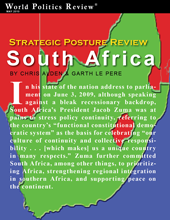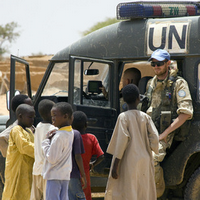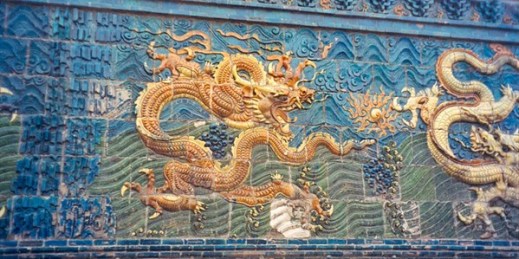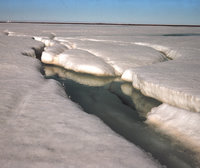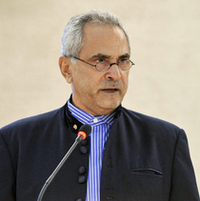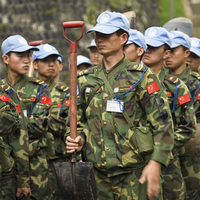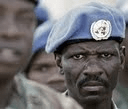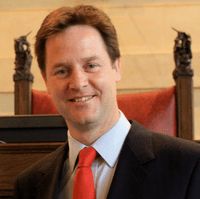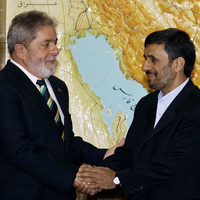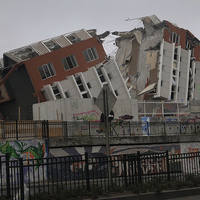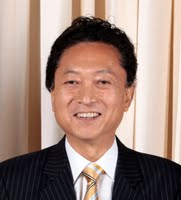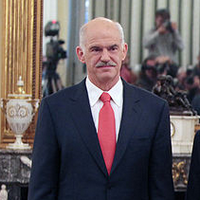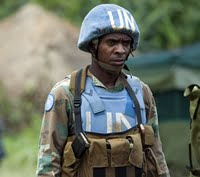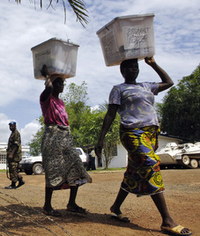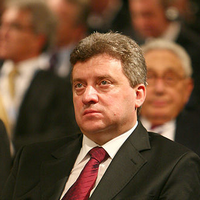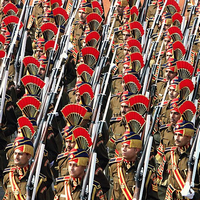
A bus carrying around 60 passengers, including at least 20 local policemen, was winding through a thick forest in the eastern Indian state of Chhattisgarh on Monday when it suddenly exploded. At least 30 people were killed. Most of the rest were injured. Indian authorities were quick to pin the bomb attack on the country’s four-decade-old Naxalite-Maoist rebellion, named for Naxalbari, the town where the group first attacked government security forces in 1967. Naxalite fighters have been known to target security checkpoints along bus routes, and have warned bus operators not to allow police on board their vehicles. The Naxals, […]

